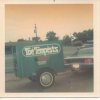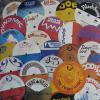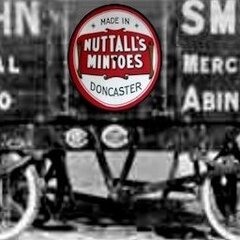- Replies 28
- Views 2.9k
- Created
- Last Reply
Most active in this topic
-
Windlesoul 4 posts
-
Robbk 3 posts
-
Haydn 1 post
-
Pete S 1 post
Most Popular Posts
-
slightly off topic but agree with that last comment about technology...most 'recording' singers today wouldnt last two minutes in a gospel choir from back then!..but they dont need to they ALL use aut
-
Well I don't know how most small studios got everyone involved on their recording sessions without breakin the bank, but at least one southern based studio made use of the kids in the local coll
-
In 1960s North Carolina and Va, a number of soul orientated recording artists were middle class whites or integrated bands with a black lead singer, sometimes college students (and often music student







This a question that's bothered me for years. Hopefully some of you Vinyl collectors or Soul Connoisseurs can answer it. Some of my Northern Soul discs are from small recording studios, with little chance of selling more than couple of hundred records, Yet there are horns, strings, percussion, bass and lead guitarists, backing singers, not to mention producers and writers etc. Was it a labour of love, a long shot gamble. How did they do it ?